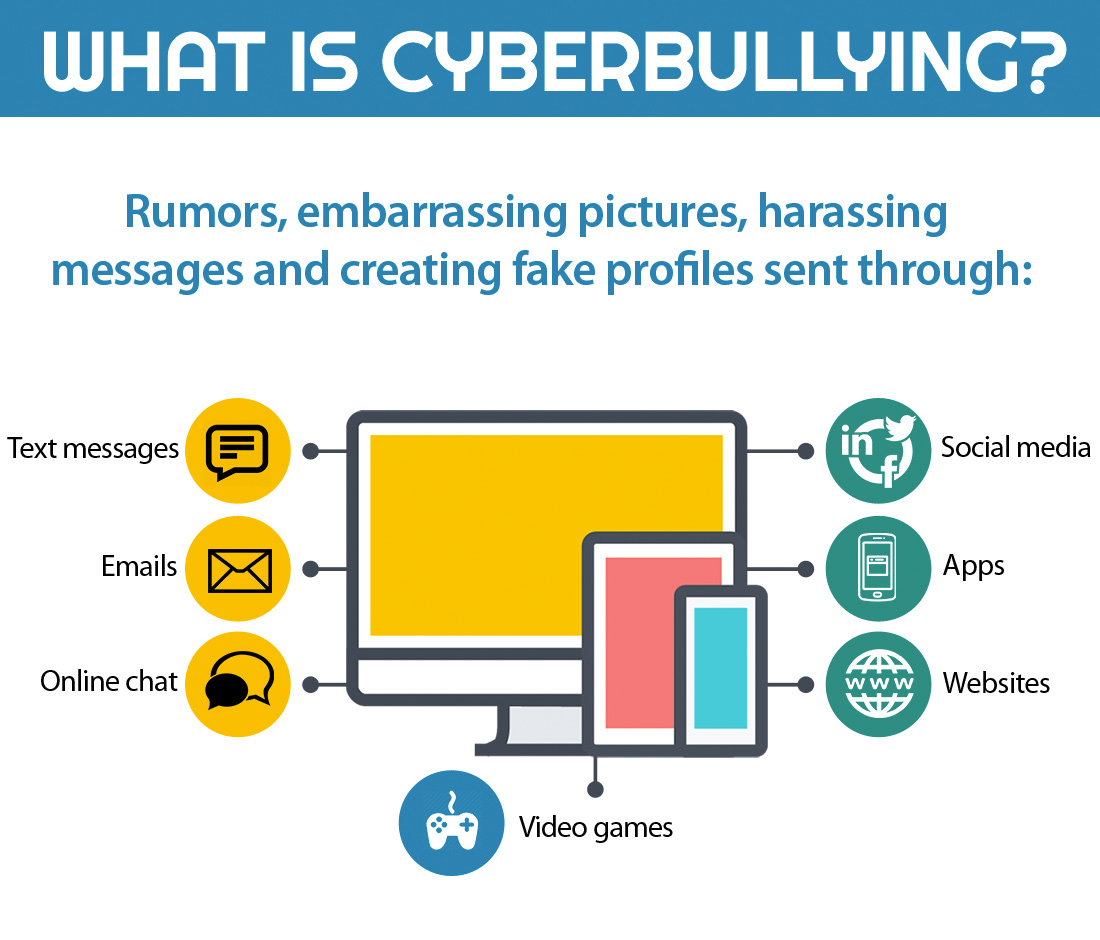
In the first chapter of his book titled lol...OMG!: What Every Student Needs to Know, Matt Ivester briefly outlines some common pros and cons of being a digital citizen. The benefits he attributes to internet citizenship are well understood by students as well as by society at large: unprecedented ease of access to information, powerful programs and applications, and innumerous channels of communication with broad networks of people.
He suggests that the widespread use of social networks paired with the public and permanent nature of the internet pose a unique risk to the privacy and safety of young people. The risk is especially elevated for students, who may be going through the tumultuous period of emotional growth college is famous for. Information about an individual can be created, curated, and weaponized by anyone with nefarious intentions and an internet connection. Ivester asserts that students’ relationships with the internet can be as complicated as navigating college itself. No contest here.
I have reaped the benefits of living in a time before the internet was part of my daily work, school, and social life, and I know that experience has colored the way I view social media. Even before the advent of massively large social media networks like Twitter and Facebook, I was taught as a child to exercise extreme caution online much in the same way I was advised to stay away from strangers and be aware of my surroundings. While I was originally skeptical about the practical application of social networks, in adulthood I am learning how social media can benefit me in a professional way. Curating my own Professional Learning Network (PLN) on Twitter is proving to be an interesting project for me.
My recent discovery that Twitter can be a useful tool coincides with this article about how teachers can benefit from using Twitter. The authors suggest that to tap into Twitter’s professional development platform, it’s important for educators to follow people who share similar interests and passions. Noted. The authors tout Twitter as a free tool for professional development allowing educators to develop their own PLNs; facilitating chats among colleagues, as well as collaborations with individuals outside of a particular school or organization.
Incorporating Twitter into her curriculum allows one teacher to improve standards and keep teaching methods current. Additionally, Twitter can bridge the gap in communication between the community and important information. Gone are the days of mailboxes stuffed with paper event flyers and loudspeaker announcements. Twitter offers a way for the community of students, parents, teachers, and staff to share and find event and emergency information instantly.
Traditional conferences may require teachers to spend time, money, and energy traveling to attend the workshop or lecture. This article poses that utilization of Twitter by educators has the potential to “improve their teaching and, subsequently, their students’ learning.” Sounds like a noble pursuit to me!
Here’s how using Twitter can help educators achieve that goal:
- Bolster employee retention by creating a network of emotional support systems
- Provide a continuous feedback loop of information that is both simple and convenient to access
- Facilitate communication with professionals from around the world
- Open the door to an array of professional opportunities, including speeches and grants
- Improve teachers’ technology abilities
Safe to say, I am excited to dive deeper into this whole Twitter thing. Follow me on my journey here.



No comments:
Post a Comment